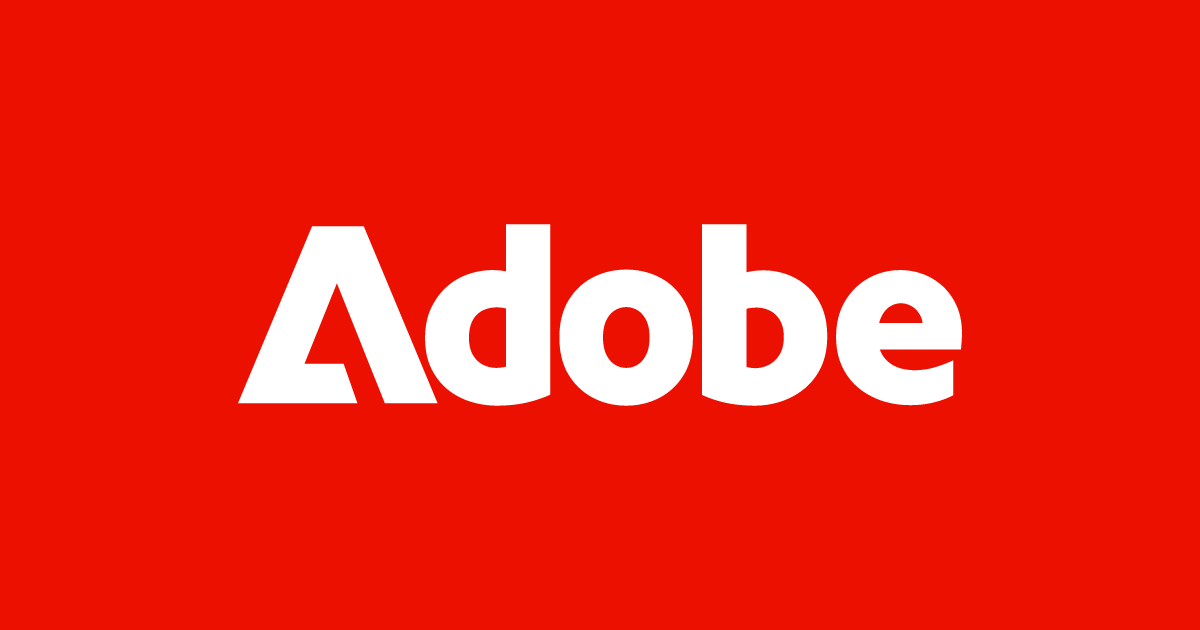The United States government has launched a legal battle against Adobe, one of the most prominent software companies in the world, over allegations that the company has been misleading customers regarding expensive cancellation fees tied to its subscription plans. The Department of Justice (DOJ) filed a formal complaint against Adobe, accusing the tech giant of engaging in deceptive practices that trap consumers in costly subscription models, all while making it excessively difficult to cancel their memberships.
Allegations of Deceptive Practices
At the heart of the lawsuit is the claim that Adobe has been enrolling consumers into its premium subscription services without fully disclosing critical terms and conditions. According to the DOJ, Adobe has allegedly hidden essential details of its annual, paid monthly plans, using complex and obscured terms that many customers would overlook. Adobe’s lack of transparency regarding early termination fees is a focal point of the complaint. These fees, which can run into the hundreds of dollars, often catch consumers by surprise when they try to cancel their subscription plans.
In a statement addressing the legal action, FTC Chair Lina Khan highlighted Adobe’s exploitative practices, criticizing the hurdles consumers must navigate when they wish to cancel their subscriptions:
“@FTC has taken action against Adobe and two executives for pushing people into subscriptions and then making it absurdly hard to cancel. Adobe ambushed users with hefty ‘early termination fees’ and threw up obstacles when people tried to cancel.”
— Lina Khan (@linakhanFTC) June 17, 2024
The complaint paints a picture of an intentional strategy designed to obscure terms behind fine print, hyperlinks, and optional textboxes, which the DOJ contends are purposefully designed to mislead consumers. Adobe has yet to publicly address the lawsuit’s specific claims, though the implications of these accusations could extend far beyond its subscription model.
The Onerous Cancellation Process
One of the most troubling allegations from the lawsuit concerns Adobe’s cancellation process, which the DOJ has described as “onerous and complicated.” According to the lawsuit, customers seeking to cancel their subscriptions are often forced to navigate a series of multiple webpages and pop-up prompts, all of which are designed to frustrate and confuse. Rather than providing a straightforward path to cancellation, Adobe allegedly ambushes its customers with hefty early termination fees, potentially discouraging them from completing the cancellation process.
Furthermore, even when consumers resort to contacting Adobe via phone or live chat, the DOJ claims they face additional challenges. These obstacles include dropped calls and repeated requests for explanations of their reasons for canceling, making the process far more cumbersome than necessary. These practices have led the DOJ to accuse Adobe of violating federal consumer protection laws, which mandate clearer communication and more transparent business practices for subscription services.
Executives in the Crosshairs
In addition to targeting Adobe as a corporation, the lawsuit also names two high-ranking executives, Maninder Sawhney, Senior Vice President of Digital Go-to-Market and Sales, and David Wadhwani, President of Adobe’s Digital Media Business. The DOJ contends that these individuals either directed or actively participated in the alleged deceptive practices.
By naming specific executives, the DOJ signals its intent to hold individuals accountable for corporate actions, rather than merely settling for fines or corporate penalties. As of now, neither Sawhney nor Wadhwani has commented on the legal action.
Adobe’s Subscription Model: A Source of Consumer Frustration
Adobe’s transition to a subscription-based model in 2012 significantly changed how users interact with its software. Rather than offering its creative tools like Photoshop, Illustrator, and InDesign as lifetime purchases, Adobe shifted to a model where customers pay monthly or yearly fees for continued access. This switch has been a source of frustration for many in the creative community, who feel locked into Adobe’s services to maintain their professional workflows.
Adding fuel to the fire, Adobe recently faced intense backlash after introducing new terms of service that were interpreted by some as allowing the company to train its AI models on users’ artwork without explicit permission. This move further alienated parts of its user base, raising concerns about privacy and intellectual property rights.
For those facing challenges with Adobe’s services, you can learn more about consumer rights under the FTC’s guidelines.
FTC’s Ongoing Scrutiny of Adobe
The lawsuit is just one of several recent challenges Adobe has faced on the regulatory front. In 2022, Adobe attempted to acquire the popular product design platform Figma for $20 billion, a move that was seen as an effort to consolidate its dominance in the digital design space. However, the deal was met with antitrust scrutiny from both European and American regulators, leading to its eventual collapse.
Regulatory bodies continue to monitor Adobe’s business practices, particularly as the company expands its services and integrates artificial intelligence into its products. The current legal action reflects a broader effort by the Federal Trade Commission (FTC) and the DOJ to crack down on companies engaging in unfair or deceptive practices that harm consumers. For more on the Adobe lawsuit, check out the Adobe Subscription Terms.
The Implications for the Subscription Economy
The legal action against Adobe underscores a growing concern about subscription models across various industries. From streaming services to software, companies are increasingly adopting subscription models, which can generate a steady stream of revenue but also leave consumers trapped in auto-renewal cycles with little recourse to cancel without penalty.
Samuel Levine, Director of the FTC’s Bureau of Consumer Protection, echoed these concerns, stating, “Adobe trapped customers into year-long subscriptions through hidden early termination fees and numerous cancellation hurdles. Americans are tired of companies hiding the ball during subscription signup and then putting up roadblocks when they try to cancel.”
As more companies adopt subscription-based pricing, there is likely to be increased scrutiny of the terms and conditions that govern these models. The outcome of this case could set an important precedent for how subscription services operate in the future, especially when it comes to cancellation policies and early termination fees.
What Consumers Can Expect Next
While Adobe has not yet responded publicly to the DOJ’s lawsuit, consumers should expect increased pressure for transparency in subscription services. Should the DOJ and FTC succeed in their case, Adobe may be required to reform its subscription practices, which could include clearer communication about early termination fees and a simplified cancellation process.
In the meantime, customers facing difficulties with their Adobe subscriptions are encouraged to document their experiences and reach out to consumer protection agencies for assistance. Moreover, as subscription models continue to evolve, consumers should remain vigilant about reading the fine print and understanding the terms and conditions before committing to long-term plans.
Conclusion: The Broader Implications for Subscription Services
The lawsuit against Adobe highlights significant challenges that come with subscription-based services. As consumers become increasingly reliant on digital tools and services, companies like Adobe must ensure that their practices are transparent and fair. The DOJ’s lawsuit could have far-reaching consequences, not just for Adobe, but for the entire subscription economy. Moving forward, it’s likely that we’ll see stricter regulations and consumer protections put in place to guard against deceptive practices and ensure that consumers have the ability to cancel services without facing undue hardship.
For more insights on business practices, legal updates, and consumer protection, visit Lanka Gadget Hub. Additionally, for sports enthusiasts and those interested in the latest betting options, check out JW7’s promotions for exciting opportunities.


